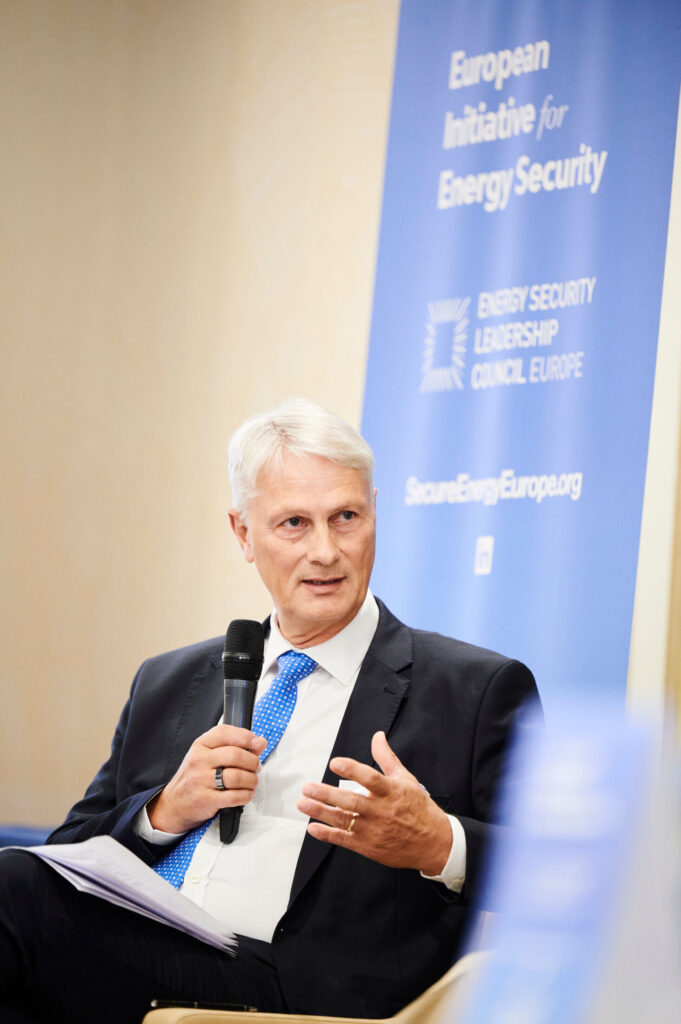International standards
To address the ESG issues, there are several national and internationally recognised reporting frameworks used to guide disclosure, encouraging a robust standard of transparency and engagement.
Looking to the United Nations Sustainable Development Goals, Norge Mineraler is aligning its sustainability performance with the adopted TSM framework along with the EU’s sustainability disclosure regulations (CSRD).

Governance
Norge Mineraler is committed to implementing and maintaining the best practice standards of governance and transparency.
The ESG Committee plays a critical role in ensuring, effective risk management within the organisation and is responsible for establishing and operating a robust risk management system that addresses various ESG operational risks.
The Committee reviews interactions with important local and international stakeholders and supports the Company by establishing connections with relevant intermediaries and contacts with a potential mutual interest in the commercialisation of Norge Mineraler’s assets.

Environmental
Norge Mineraler is looking to minimise its operational impacts whilst maximising its positive societal impact.
Societal impact
By extracting sustainable and quality raw materials in Norway, we can contribute by reducing supply risks, increase food security and increase regionally sourced materials.
Lower carbon operations
We are exploring innovative ways of extracting minerals that minimise the impact on nature and the surroundings.
Innovative ways of extracting materials from the ground with minimal impact. To make this a priority, we have created a research and development arm (NM Forskning og Utvikling AS). This will identify and implement R&D on technologies for sustainable mineral extraction and residual resource utilisation. Which in turn will allow early adaption and implementation providing competitive advantages.

Tailings solutions
Tailings are residual resources from the processing of mined ore.
They consist of ground rock, clay, silt and sand, unrecoverable and uneconomic metals, organic matter and effluent from the process used to extract the desired products from the ore.
These residual resources area high priority and we are looking to ensure responsible solutions to their utilisation and usage for sensible purposes.
We are partnering with competent technology leaders to develop new sustainable solutions for residual resources – tailings.

Energy solutions
Norge Mineraler plans to utilise green electricity from the Norwegian grid to power its operations, engaging with local utilities partners to ensure capacity and required connectivity.















Social
Cultural heritage
Areas of cultural heritage will be included in the planning and development processes at local, regional and national levels. Norge Mineraler will adhere to The Norwegian Cultural Heritage Act.
Local community feedback
We take all feedback seriously and encourage all stakeholders to express and share any concerns they have regarding our project. Feedback should be receivable by email, in writing or using the link below:
Sustainable growth and development
Norway has developed a national strategy for the minerals industry; regional plans have been designed to prioritise mineral extraction to attract inward employment and investment.